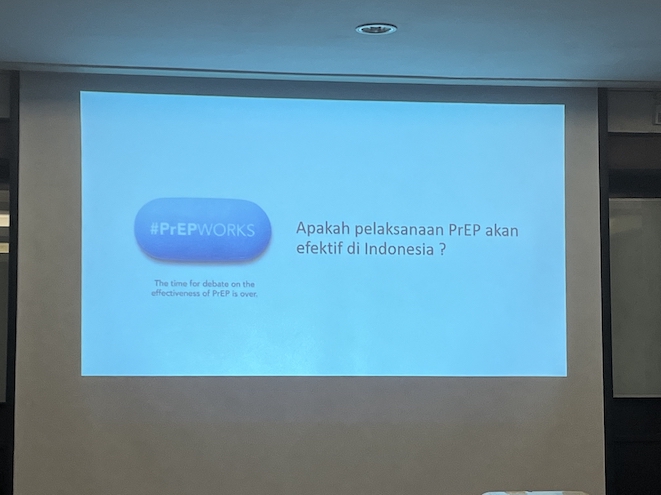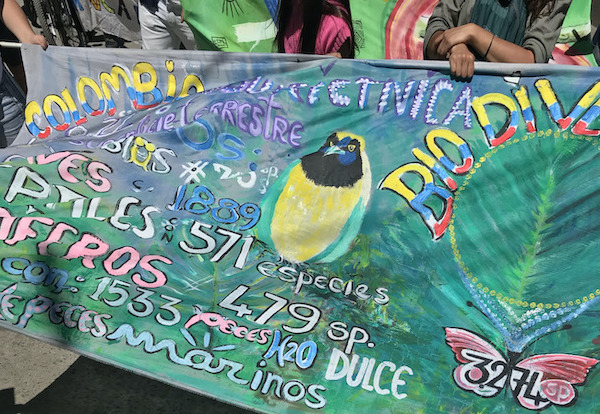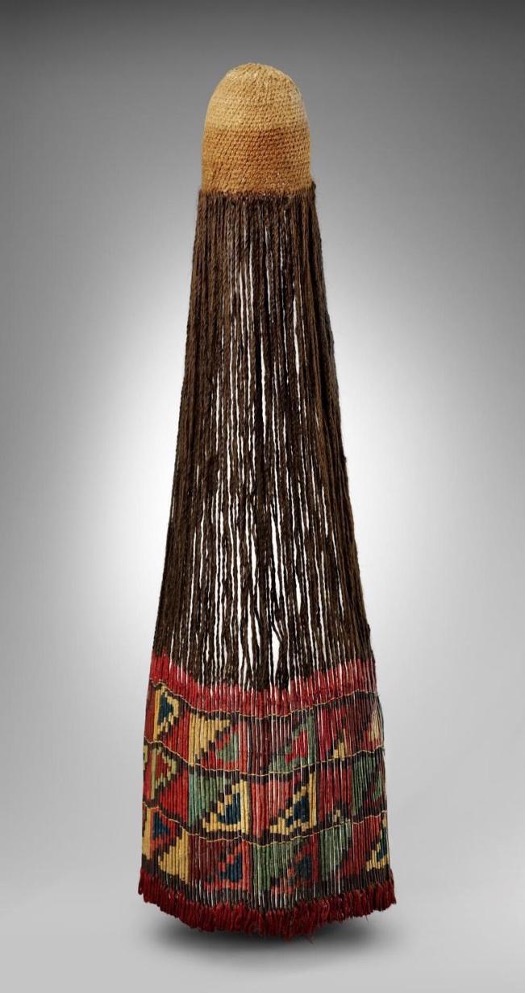
PrEP on Trial: the Future of HIV in Indonesian Policy Worlds
In 2012, the first pre-exposure prophylaxis (PrEP) drugs, billed as a pill a day to prevent HIV, were authorized for use in the United States. Heralded as a transformative prevention technology for gay men and trans women in particular, one that encouraged new forms of self-management and risk mitigation practices alongside condoms, testing, and treatment, PrEP has since been incorporated into the global HIV prevention toolkit. In reports, policy documents, and community organizations, PrEP is uniformly described as necessary to accelerate the HIV control response and meet the global target of the “end of AIDS” by 2030. In line with this dominant policy narrative, governments reliant on international donor funding for HIV programs are now encouraged to incorporate PrEP into HIV programs for MSM, transgender women and other “key populations” assessed as meeting a specific risk profile. This is the case for Indonesia, which formally approved PrEP for a trial in 2021 (United States Agency for International Development (USAID) 2021). Although initially announced in 2019 with a considerable degree of community support, Indonesia’s PrEP trial was postponed both due to the COVID-19 pandemic and subsequent bureaucratic delays. Nevertheless, with significant pressure from international donors and support from the Global Fund, USAID, and Australia’s Department of Foreign Affairs and Trade, a PrEP trial commenced in April 2022 across seven provinces in Indonesia. Key populations who agreed to undertake an array of tests and routine clinical monitoring, would obtain access to a 30-day supply of a single pill combining tenofovir disoproxil fumarate (TDF) and emtricitabine (FTC) – generic Truvada – from one of 34 primary health clinics at no cost. As it circulates in policy, clinical, and community spaces, PrEP is transforming the temporal horizon for HIV in Indonesia and other postcolonial settings where access to healthcare remains thwarted by entrenched global inequalities. (read more...)





